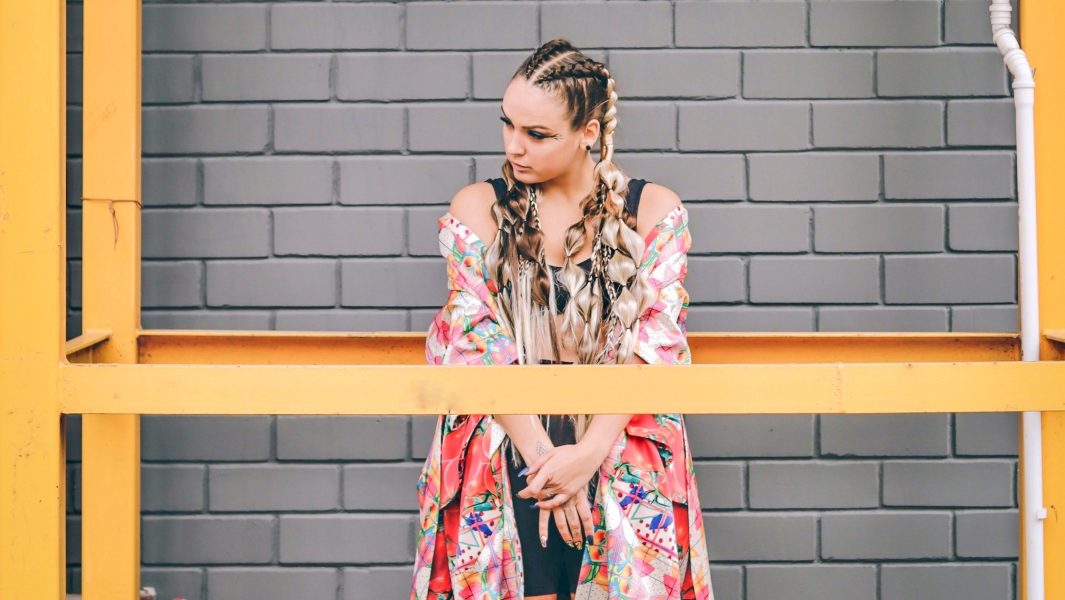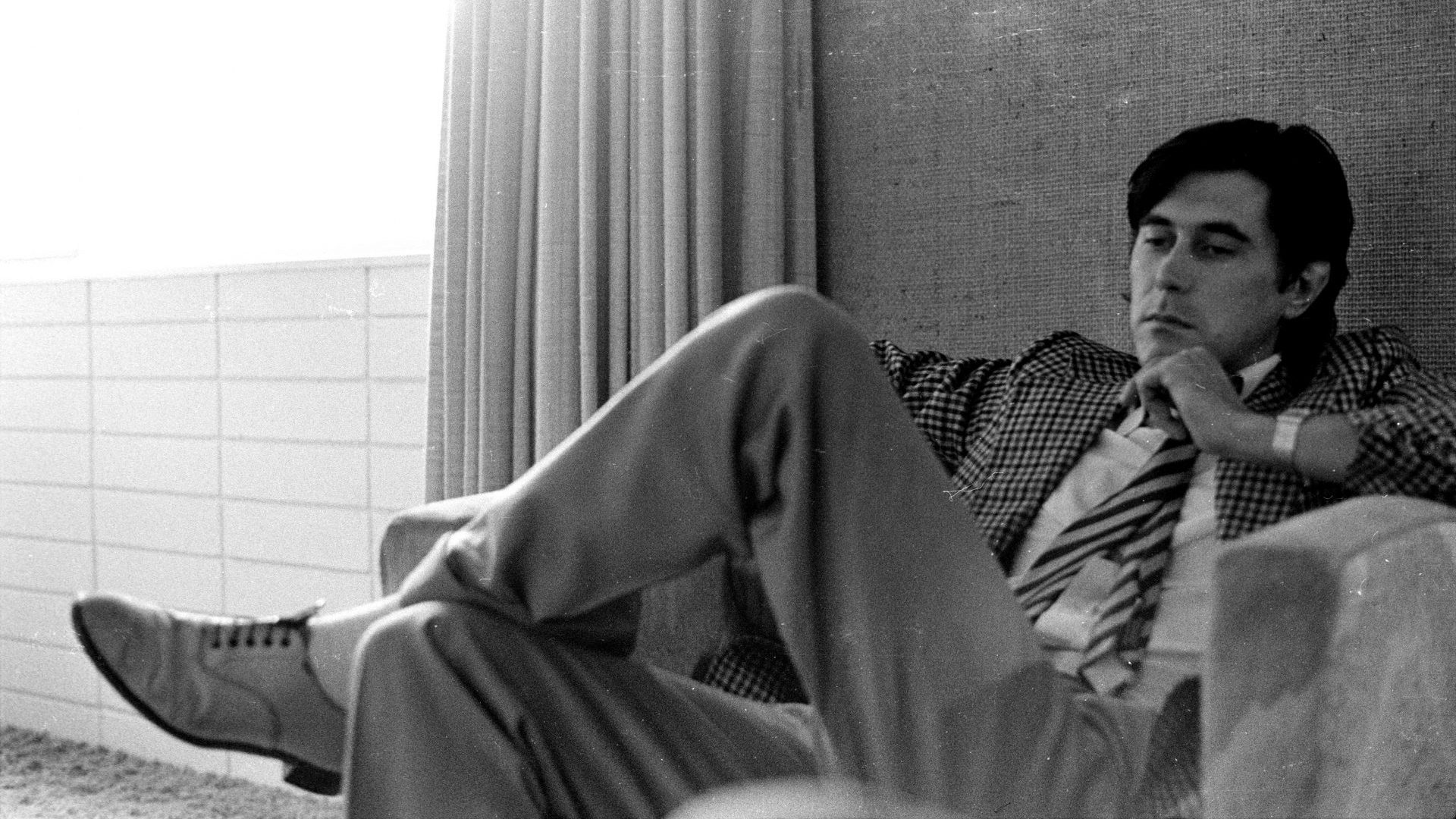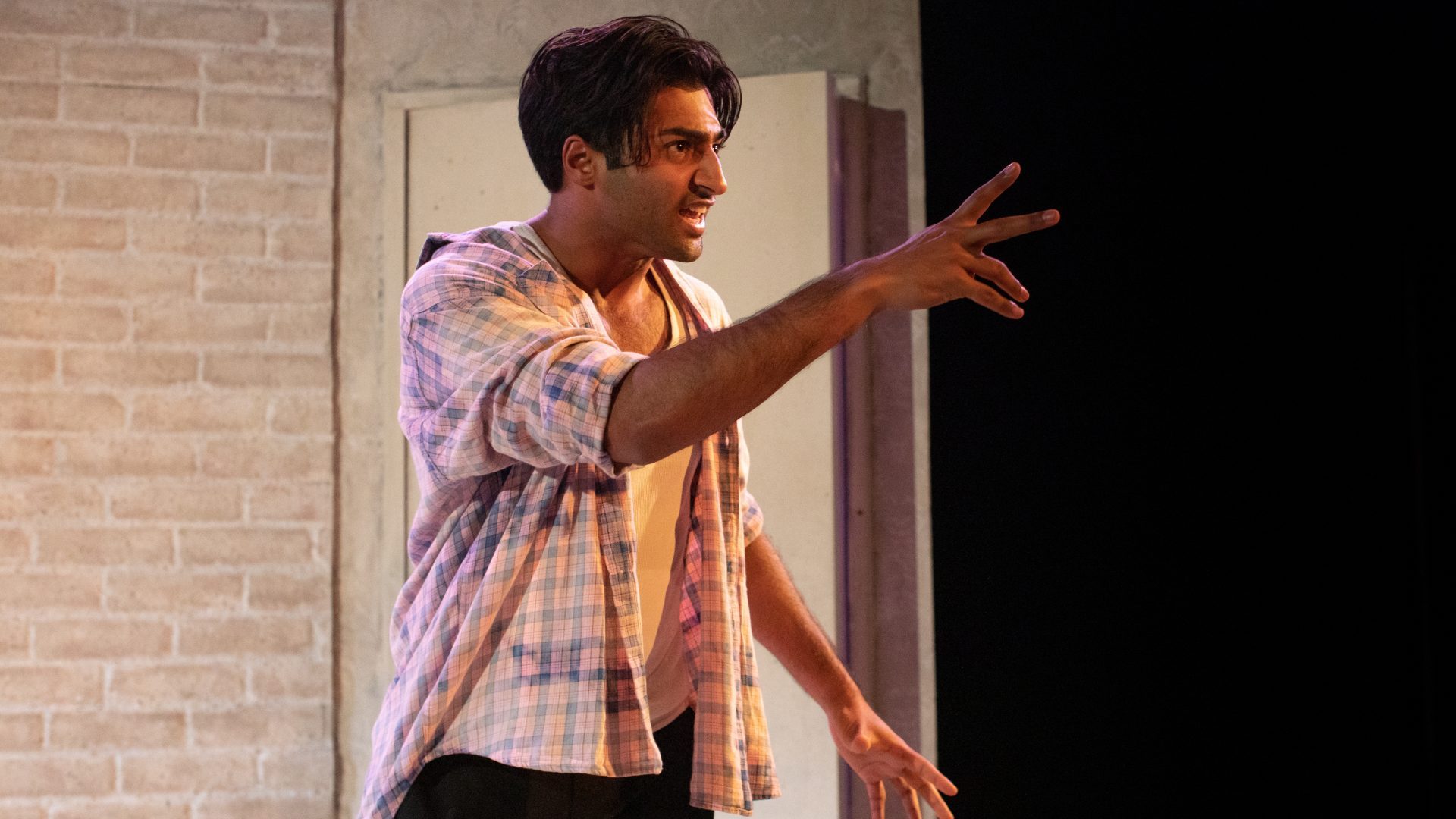Embryonic democracies have embryonic music scenes. But, as the ex-Communist east has shown, it doesn’t take long to catch up. Latvia’s Positivus festival, taking place this weekend in Riga for the first time, was established a scant 16 years after Latvian independence and in that time has attracted major international acts – this year it will be headlined by Megan Thee Stallion and A$AP Rocky. But it has also always been a celebration of Baltic culture, and this year’s line-up focusses on one surprising export – Latvian hip hop.
As a genre predisposed to social commentary, hip hop and rap has held a mirror up to a changing Latvia, its problems and its obsessions, even as it
has also been characterised by a laid back and humorous approach.
Godfather of Latvian hip hop Ozols was a member of English-language Latvian rap act F-act, founded in 1996, before he went solo in 2000, and his single of that year, Rajons (Districts), reflected on the social problems in Riga’s crumbling brutalist housing estates. Having worked with virtually
everybody in the tight-knit Latvian hip hop scene, he has anointed rising stars like Prusax, who will appear at Positivus on Friday, through collaborating with them.
Other Latvian rappers have turned to national identity and international relations in their songs. A quarter of Latvians are primarily Russian-speaking and Ozols’ F-act bandmate Gustavo’s collaboration with Russian rapper Vlady, No lupam lasi (2006), was rapped in both languages, playing on ideas of what is lost in translation. Six years on, Rays’ Par Latvisku Latviju (About Latvian Latvia) was a response to the 2012 Latvian constitutional referendum on the adoption of Russian as the second official language of the country.
Rays’ angry diatribe namechecked many past wounds. It mused that Lāčplēsis Day, commemorating the 1919 Battle of Riga during the Latvian War of Independence, would be replaced with ‘the ninth of May’ – Russian Victory Day – and referenced the Abrene region which was annexed by Russia in 1944.
But Latvia’s hip hop artists have also got stuck into lighter aspects of the
national character. Ice hockey is a major part of Latvian national identity,
hence satirical hip hop two-piece OLAS’s 2015 hymn to the Buffalo Sabres’ ‘Latvian Locomotive’, Zemgus Girgensons, which was calculated to boost votes for him to appear in the NHL’s All-Star Game exhibition match that year (in the end he got 660,000 online votes from back home – quite a number considering it’s a country of only two million people).
Like in the other Baltic states, basketball is virtually a national religion in Latvia, and comedy rap duo Transleiteris parodied OLAS’s Zemgus Girgensons on #PORZIŅĢIS (2015) which paid tribute to Latvian basketball giant (literally – he is 7 foot 3) Kristaps Porziņģis in the year he entered the NBA draft and was picked by the New York Nicks. OLAS then came up with Keep Calm Like Kristaps Porziņģis, again to drive votes for the player who ‘started in Liepāja’ (a Baltic port city), as the Latvian lyrics had it, in the NBA All-Star Game selection.
With the rise of female hip hop stars on the Latvian scene, including ŪGA,
who raps in the eastern dialect of Latgalian, and BDM from Riga, the issues facing Latvian women since the fall of Communism have also become relevant to the genre. Like the rest of the Communist east, Latvia spent half a
century under a system which paid lip service to equality between the sexes,
with the reality being political and social exclusion of women. Independence brought new opportunities but new problems too, with an epidemic of sex trade trafficking and a huge femicide rate among them.
The emergence of female hip hop artists in such a context is significant. VIŅA, who plays Positivus’ second day, spearheaded the entry of women into
the scene and channels some of the sexually confident energy of headliner Megan Thee Stallion on songs like Tēja ar karalieni (Tea With the Queen) (2018) and Karamele (2019) – the latter featured well-established local rapper
rolands če, another name on the bill at Positivus this year.
As Arturs Skutelis, founder of pioneering hip hop collective PKI (it also featured veteran rappers ansis and Edavārdi who are both on the Positivus
bill this year), headlines the Narvesen Stage on Friday, and emerging acts $ourJ, Ods, Wiesulis, ZEĻĢIS, Prusax and MUUD appear across the weekend,
the old and the new scenes will coalesce at Positivus 2022, revealing a Latvian hip hop scene of both breadth and depth.
LATVIAN HIP HOP in five songs
Ozols & RDK, Rajons (2000)
This Latvian hip hop classic reflects on life in the gritty Soviet-era housing estates of Pārdaugava and Zolitūde on Riga’s left bank.
Arturs Skutelis and Tvērumi, Rīts sasodīti izdevies / Pazaudēt Teiku (2016)
The first single from the highly influential Skutelis’ debut album with his band Tvērumi shows his avant-garde and jazz influences, as well as his cerebral cultural reference points – the album’s themes were inspired by works by Roland Barthes and Michel Foucault.
$ourJ, Draugs mans (2019)
Still only 18, the new big thing in Latvian rap will open proceedings on the Positivus Festival’s Narvesen Stage on Saturday. This laid-back track, the title meaning My Friend, has been streamed some 1.2 million times on Spotify.
rolands če, Riņķa deja (Krievu rulete) (2020)
The rapper’s first release after signing with Universal, Ring Dance (Russian
Roulette) is a manically drum and bass-backed statement of intent: ‘Es saku visu vai neko’ (‘I say all or nothing’). He plays Positivus on Saturday.
Citi Zēni, Eat Your Salad (2022)
Appearing on the second day of Positivus, the ‘Princes of Rap’ from Riga took this song to Eurovision this year. With an opening line drawing a parallel between veganism and oral sex, the song represents the extreme end of Latvian hip hop’s absurdist streak.




